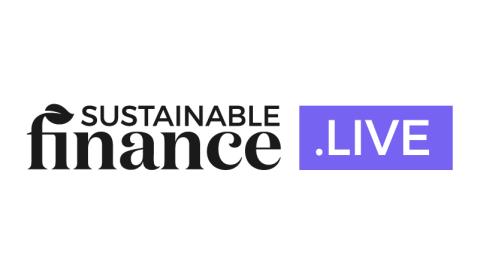Insights on The National Underground Asset Register (NUAR) Pilot
At the recent Sustainable Finance.Live, a panel delved into the intricate challenges of data sharing surrounding The National Underground Asset Register (NUAR), currently in its pilot phase.
Context of NUAR
Holger Kessler, Senior Stakeholder Manager at AtkinsRéalis, highlighted the essence of the NUAR pilot, stating, “Our collaboration with various network utilities—gas, electricity, water, and telecommunications—has focused on accurately mapping and documenting where these assets are located. Each utility often excavates extensively to maintain their underground assets, which can be hazardous. Accessing data from different organizations has proven difficult, yet we must recognize that all utilities face similar challenges. The electricity provider lacks water data, and vice versa. This realization prompted us to explore a collaborative approach to pooling our data, ultimately leading to the creation of NUAR.”
The Importance of Mapping Data
Donna Lyndsay, Senior Advisor and Director at Lyndsay Consulting, expressed her concerns over the lack of comprehensive planetary mapping, identifying herself as a “frustrated geographer.” She articulated, “It’s perplexing to me that we don’t have a clear visualization of our world’s assets. This lack of visibility poses significant challenges for investors, as many cannot assess their scope or impact effectively." She emphasized that this “planetary blindness” complicates the understanding of geopolitical threats and climate risks, which are critical for attracting investment in sustainable infrastructure.
Challenges of Data Connectivity
Gavin Starks, Founder of Icebreaker One, contributed to the discourse on data connectivity, stating, “We live in a time where machines outnumber people. However, the data available is poorly connected. Improving this connectivity is crucial, but we must tread carefully. The information often includes commercially sensitive and national security elements. Without establishing robust data governance, progress will be slow.”
As the panel explored the complexities of underground mapping and investment, various definitions of what constitutes an ‘asset’ emerged. Participants noted the range of interpretations—from tangible infrastructure to digital identities—highlighting the industry’s fragmentation and the necessity for a standardized framework.
Individual versus Global Perspectives
Nicolien van Zwiten, Climate Risk Specialist at Zurich Resilience Solutions, noted the tendency of investors to prioritize global data over local insights. She remarked, “Individual site information deserves more focus. I find working at the granular level far more rewarding, and it significantly encourages the implementation of adaptation measures.”
Kessler shared a personal anecdote reflecting cultural differences in data-sharing attitudes, specifically between the UK and Germany. He noted that while Germans may be apprehensive about openly sharing property values, British perspectives differ, showcasing the broader cultural implications on cross-border data sharing.
The Human Element in Data Governance
Starks emphasized that the challenges surrounding data sharing are fundamentally human issues rather than purely technological. He explained, “Everyone desires control over their domain, leading to conflicts over data ownership. However, that’s not how the web operates.” He underscored the legal frameworks governing data management, noting their vital role in facilitating secure data flow.
Truman Semens, Founder of OSCAR, reinforced the significance of the rule of law in navigating markets beyond the UK, asserting, “Effective legal structures are crucial for managing contracts and breaches associated with data vaults.”
Aligning Data with Business Strategy
In concluding the session, Lyndsay stressed the importance of presenting this data to Chief Financial Officers (CFOs) to underscore associated business risks and opportunities. She stated, “If we don’t position this data in a way that resonates with CFOs, it will remain an overlooked externality regarding nature-related opportunities. Our goal should be to present it in a context that underscores its significance for their decision-making.”
This discussion underscored the multifaceted challenges and opportunities in data sharing related to the NUAR initiative, illuminating the path forward for investment in sustainable infrastructure.
